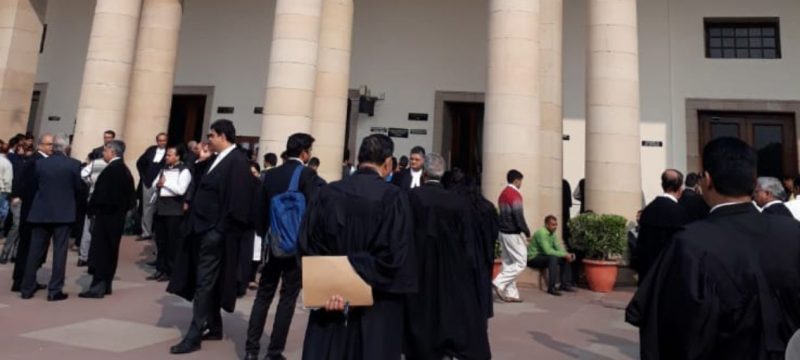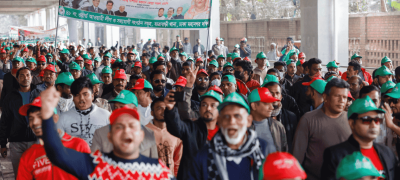India’s Supreme Court has suspended some parts of the country’s controversial Muslim property law, sparking wide public and political debate. The law governs the administration of waqf properties, which are charitable endowments under Islamic law.
The court decided not to strike down a provision that allows non-Muslims to be included as members of waqf boards. These boards manage religious and charitable assets donated for community use. The provision had faced strong objections from Muslim groups, who argued that only Muslims should control such endowments.
However, the court said the matter required deeper examination before any final decision. By suspending certain parts of the law, the judges aimed to prevent misuse of the system while broader legal questions are reviewed.
The waqf system in India oversees thousands of properties, including mosques, schools, graveyards, and community centers. Supporters of the law argue that allowing non-Muslim members on waqf boards can improve transparency and ensure accountability. They believe it could reduce corruption and increase public trust.
On the other hand, critics see the move as interference in religious matters. They argue that only Muslims should decide how Muslim charitable assets are managed. The provision, they say, risks diluting the religious purpose of waqf and may create conflicts over control of the properties.
The Supreme Court’s temporary suspension has intensified debate across political and religious circles. Several Muslim organizations welcomed the decision to pause parts of the law but expressed concern that the provision on non-Muslim members remains untouched. They have called for a full review of the legislation to protect the community’s rights.
Government officials, however, defended the provision. They said it was meant to ensure fair management and prevent mismanagement of valuable properties. The inclusion of non-Muslims, they argued, does not interfere with the religious purpose of waqf but strengthens oversight.
The ruling highlights the tension between religious freedom and government oversight in India’s legal system. The case touches on sensitive issues of minority rights, property management, and constitutional principles.
Legal experts believe the court’s decision to suspend parts of the law signals caution. It suggests the judges are aware of the wider implications and want to carefully balance religious autonomy with public accountability.
The Supreme Court is expected to hear more arguments in the coming months before issuing a final judgment. Until then, the suspension will remain in place.
The outcome of this case could have long-lasting effects on how waqf properties are managed in India. It may also influence future debates on the role of the state in religious affairs.
For now, the court’s decision has left both sides claiming partial victory. Supporters of reform see it as progress toward transparency, while critics remain wary of government interference in Muslim institutions.
For more on global media rights and the full findings, read the latest news on :AI 3D scanners enhance Dubai Airport passenger experience







